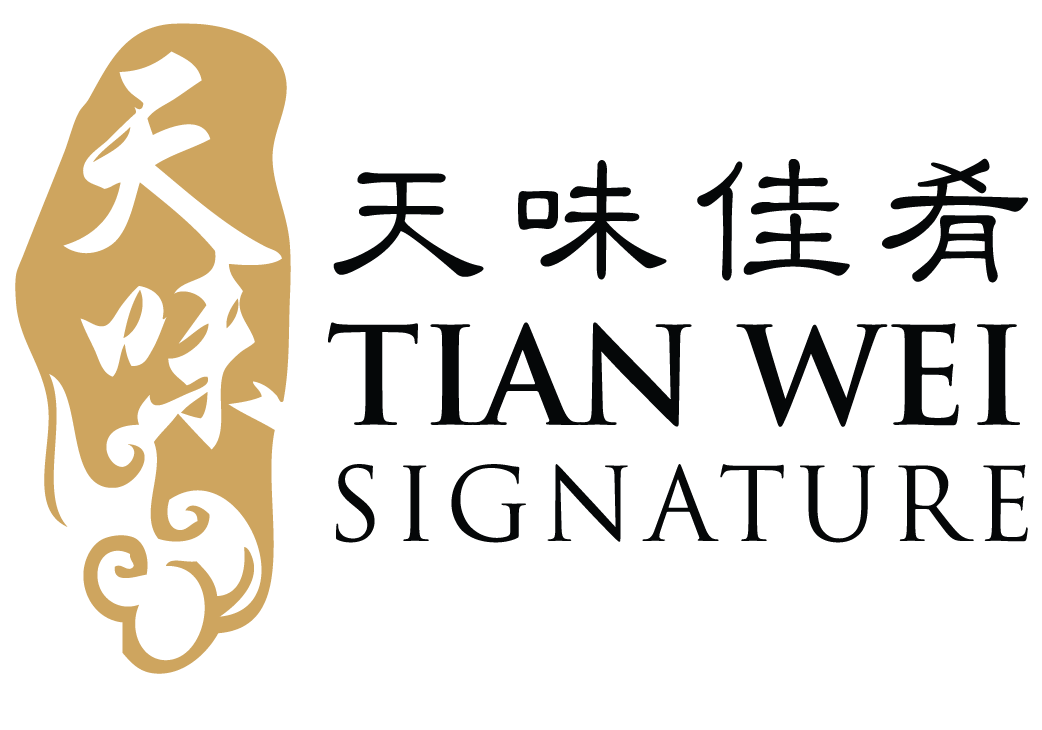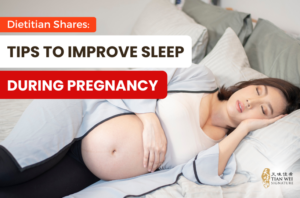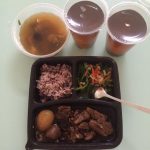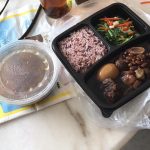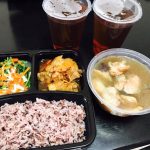81 Tagore Lane, TAG A, #01-11 Singapore 787502 ♦ Reservation : +65 6727 5599
Calcium is just for bone health during pregnancy? Think again
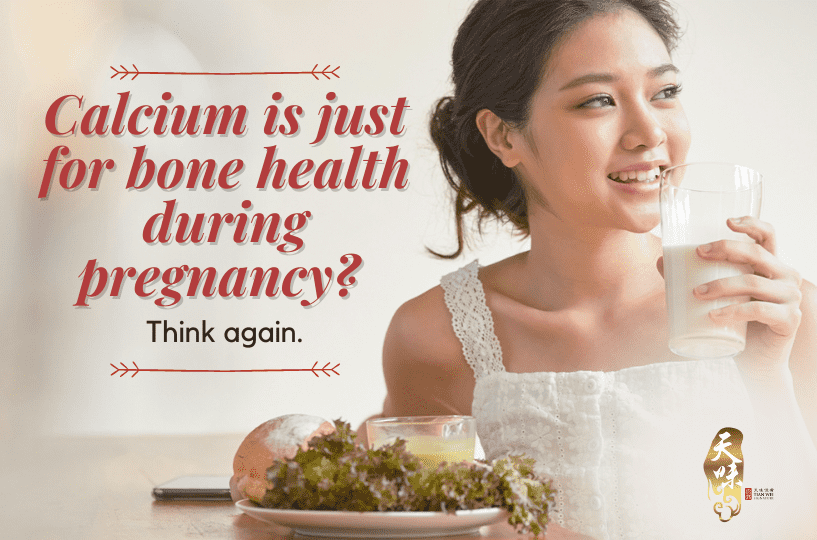
We all know that adequate calcium intake is important during pregnancy, mainly for a mother’s bone health as well as to support the growth of your baby. Interestingly, calcium requirements do not differ between non-pregnant and pregnant women. This is due to the physiological adaptations of a woman’s body during pregnancy, which helps to preserve maternal calcium while still meeting the optimal growth of the fetus. Hormones during pregnancy increase calcium absorption to meet the biological demands for the fetus to grow.
Sufficient calcium intake may reduce the risk of pre-eclampsia
Pre-eclampsia is a complication during pregnancy that is defined as the new onset of hypertension (systolic >140mmHg and diastolic >90mmHg) in addition to proteinuria. Proteinuria is the presence of protein in the urine, which is abnormal. Rates of pre-eclampsia are three times higher in women who have BMI above 30. Women who are at risk of developing preeclampsia are women with:
- History of high blood pressure during previous pregnancy
- Chronic kidney disease
- Type 1 Diabetes
- Type 2 Diabetes
- Pre-existing high blood pressure before pregnancy
- Autoimmune disease (immune system abnormally attacks own body cells or organs)
Mothers who develop this complication have lifelong complications for both mother and baby. Unfortunately, these mothers would have a significantly higher risk of cardiovascular medical conditions, stroke, and hypertension. Infants are also at risk of similar cardiovascular diseases and complications during adulthood.
Vitamin D and Calcium come hand in hand
Vitamin D is known for its role in increasing calcium absorption from the blood into the bones. It helps to support bone health. Optimal Vitamin D levels are also known also to help support the immune system, especially during the current Covid-19 pandemic. Doctors have observed that patients with higher serum levels of Vitamin D had lower mortality rates and vice versa. In terms of pregnancy, other studies show a relationship between calcium and Vitamin D in preventing pre-eclampsia. Supplementation of calcium and Vitamin D in women who have low levels had a 46% and 53% reduction in risk, respectively, when compared to the placebo group.
What is Calcium? Why Do You Need It During Pregnancy?
Calcium is one of the essential minerals to help develop your baby’s bones and teeth. We all need calcium, but it is particularly vital for pregnant mothers. During your pregnancy, your baby is building and growing the entire skeleton. Calcium not only helps with their skeleton development but is also an important nutrient for their muscle, heart, hormones and nerves.
A pregnant woman’s body will give the baby all the calcium they need, regardless of whether you have enough intake. In other words, if you do not consume enough calcium and replace what you have given away to your baby, your bones will get weakened, could even run into a greater risk of osteoporosis later in life.
How Much Calcium Does a Pregnant Woman Need?
Pregnant women need around 1000 milligrams of calcium per day, while women who are younger than 18 years old need 1300 milligrams of calcium each day. In short, you might need to consider consuming four servings of calcium-rich food daily.
If you are taking prenatal vitamins, note that there may be some calcium in your vitamins already. You are most likely consuming excessive calcium if you take supplements. Lack of calcium can lead to serious complications like high blood pressure, premature birth or low birth weight. But, too much calcium can cause constipation, kidney stones or even irregular heartbeat. You might not even know you are over-consuming or getting too less. Remember, check with your doctor about any vitamins you are taking and seek professional advice.
General Dietary Tips
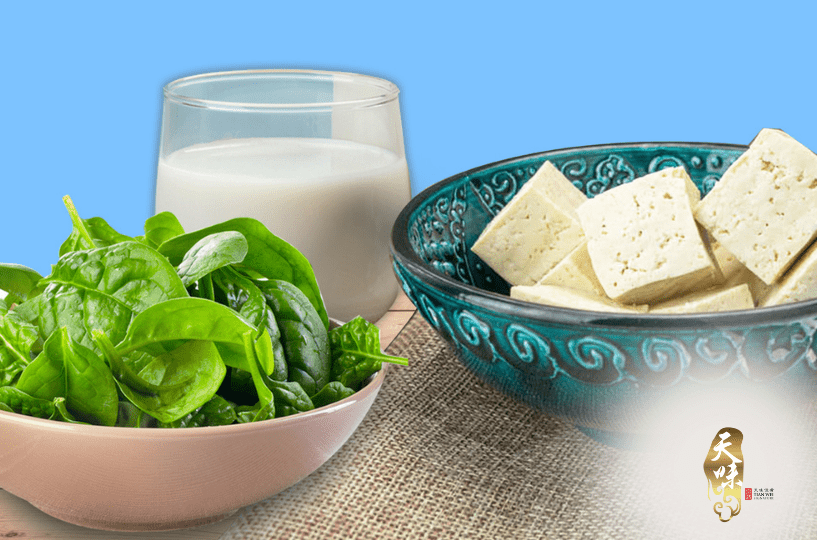
None of the advice here should be taken as professional advice. Always seek your attending doctor or dietitian on such management if you are concerned or have such medical conditions. No one mummy is the same as another mummy. If calcium is so important, then some of the foods rich in calcium that should be included in a mother’s diet during pregnancy should include foods like:
- Dairy milk
- Cheese
- Yoghurt
- Fortified soy milk
- Fortified soy bean curd
Not only are these foods high in calcium, but they are also good sources of protein! If you experience food aversion and struggle to keep foods like these down at any time, then considering appropriate supplements should be discussed with your doctor. On the other hand, foods that can be good sources of vitamin D that can be included in a diet frequently:
- Fortified soy
- Fortified milk
- Sun-dried mushrooms, especially shiitake mushrooms
- Salmon
- Prawns
- Cod fish
- Seabass
Honestly, obtaining enough Vitamin D solely from food, even from fortified foods can be quite difficult and that’s why in Singapore, mothers are recommended to have a walk, be exposed to the sun for at least 15 to 30 minutes, two times per week. This is the easiest source to get vitamin D. Exposure to the sun on the skin will help the skin to produce the vitamin D needed for the body.
Therefore, for mothers who may have other conditions or circumstances that may not allow them to be under the sun during pregnancy, then it is wise to discuss with your doctor or dietitian, get your levels checked, and seek individualized supplementation. Interestingly, a recent GUSTO study in Singapore found that up to 40% of women in Singapore during mid-pregnancy to be having deficient and suboptimal levels of vitamin D.
That being said, calcium and vitamin D are important even after pregnancy. Although there isn’t a risk of pre-eclampsia, adequate calcium and vitamin D remain important to maintain mummies’ nutritional status. Although calcium in breast milk comes from mummies’ bone stores, it is still important to have adequate calcium intake. Vitamin D is essential to maintain in mummies during postpartum because it depends on maternal serum levels. This level depends on adequate sun exposure, vitamin D-rich food intake, or supplement. If you’re not having enough, there is a good chance the baby may not be having enough. That’s why pregnant women need to have foods like shiitake mushroom, salmon, and fortified soy in their diet.
What Calcium-rich Food Should You Consider?
Your body does not produce calcium. You will need to get it from your daily meals, supplements, or fortified food. Dairy products are one of the best sources of calcium. As mentioned, you are advised to take around 1000mg of calcium daily. Two servings of fortified high-calcium milk or soy milk will give you adequate calcium per day. A serving contains approximately 500mg of calcium. You may also consider taking low-fat milk or zero-fat milk, as they contain the same calcium and other nutrients you need without adding the extra calories and fat in it. Again, you might want to check with your doctor on your intake, depending on your body weight range.
Below are some suggestions for foods that can be commonly found in your local grocery stores!
| Foods | Calcium per 100g (mg) |
| Ikan Bilis | 1572 |
| Sesame seeds, black | 780 |
| Taukwa | 256 |
| Beancurd skin | 239 |
| Soybeans | 198 |
| Beancurd | 188 |
| Tempeh | 164 |
| Tofu | 164 |
Source: HPB Singapore Food Composition
Meanwhile, don’t forget that calcium after your pregnancy is important too, especially if you are breastfeeding! Breastfeeding mothers may lose about 3%-5% of bone mass as they transfer some calcium to their breastmilk. By eating the right food after your pregnancy, you can regain your bone mass within 6 months after you stop to breastfeed. Also, for nursing mothers looking for feeding and nursing essentials, you may be interested in MumChecked as they have a huge variety of products that may ease your breastfeeding journey.
Your calcium and vitamin D intake remains important even after pregnancy. Hence, despite it following TCM principles, one of the best confinement food Singapore mothers can have is the ones that have foods rich in calcium, too, where dairy milk may not be part of a traditional confinement diet. Other calcium-rich sources of foods like broccoli, fortified tofu, soybeans and such are so important to incorporate as part of your list of confinement food. If you are looking for a trusted post-pregnancy meal delivery Singapore service, Tian Wei Signature offers a list of confinement food filled with various essential nutrients, including calcium and vitamin D. Our fusion and traditional confinement meals are dietitian-guided and MSG-free to support you on your postpartum recovery and breastfeeding journey. Learn more about our services now!
[/vc_column_text][/vc_column][/vc_row]
